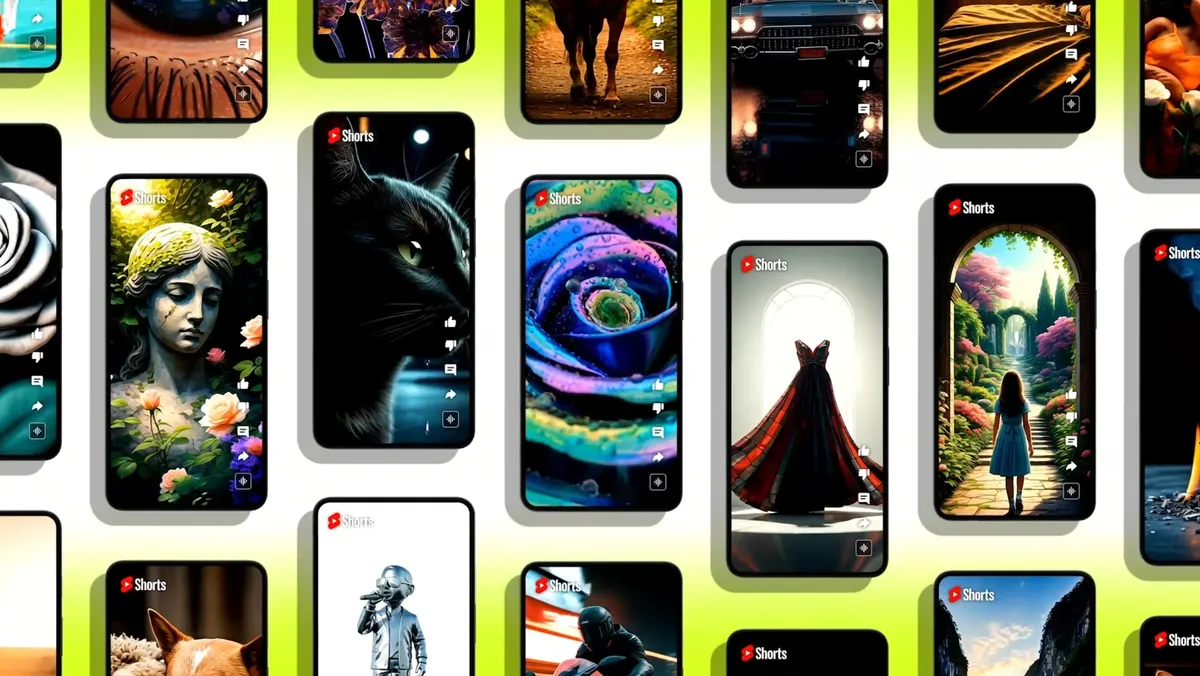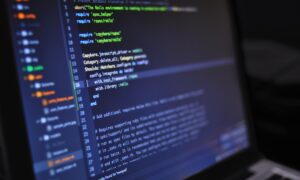YouTube has announced the upcoming release of Veo, a generative AI tool designed to help creators generate six-second clips using only text prompts. Unveiled at the Made on YouTube event in New York, Veo allows users to create videos for YouTube Shorts, utilizing AI to generate visuals that can be integrated into short-form content.
This new tool is an evolution of last year’s Dream Screen, developed in collaboration with Google DeepMind. Currently, Veo is limited to YouTube Shorts, the platform’s short-form video section, but it represents a significant leap in AI-assisted content creation.
During the event, YouTube showcased examples of creators utilizing Veo to enhance their videos. Adrian Bliss, known for his creative skits, demonstrated how he used AI to place himself into a fairytale-like setting, while musician d4vd created a stop-motion-inspired music video reminiscent of Disney’s Up.
To ensure transparency, AI-generated videos will carry SynthID, indicating that AI was involved in their creation.
The rise of AI, particularly since the launch of ChatGPT in 2022, has been transformative across social media. Platforms like TikTok and Instagram are increasingly filled with AI-generated content, from bizarre clips to imaginative short-form videos. However, it’s difficult to gauge how much of this content is created entirely by AI, though a recent study by Amazon Web Services suggested that 57% of online text is now AI-generated.
Despite concerns about AI-generated spam content flooding the internet, Google aims to solidify its leadership in the AI space. With a vast library of YouTube videos at its disposal for training AI models, Google is poised to continue advancing in this area. However, other companies, such as OpenAI, have also reportedly used YouTube data to train their models without Google’s permission.
At the Made on YouTube event, questions about content ownership rights regarding AI-generated shorts were directed at YouTube’s CEO, Neal Mohan. Although Mohan assured creators that monetization would remain unchanged, he avoided clarifying who owns the rights to AI-generated content. He also acknowledged that implementing an opt-out feature for creators who don’t want their content used in AI training would be difficult and could slow down content creation.
Other announcements from the event included a music generation tool to help creators avoid copyright issues, an Inspiration Tab in YouTube Studio to aid with brainstorming, and AI auto dubbing that preserves a creator’s natural tone and inflections when translating videos into other languages. Additionally, updates to YouTube’s TV experience were also revealed.
































































